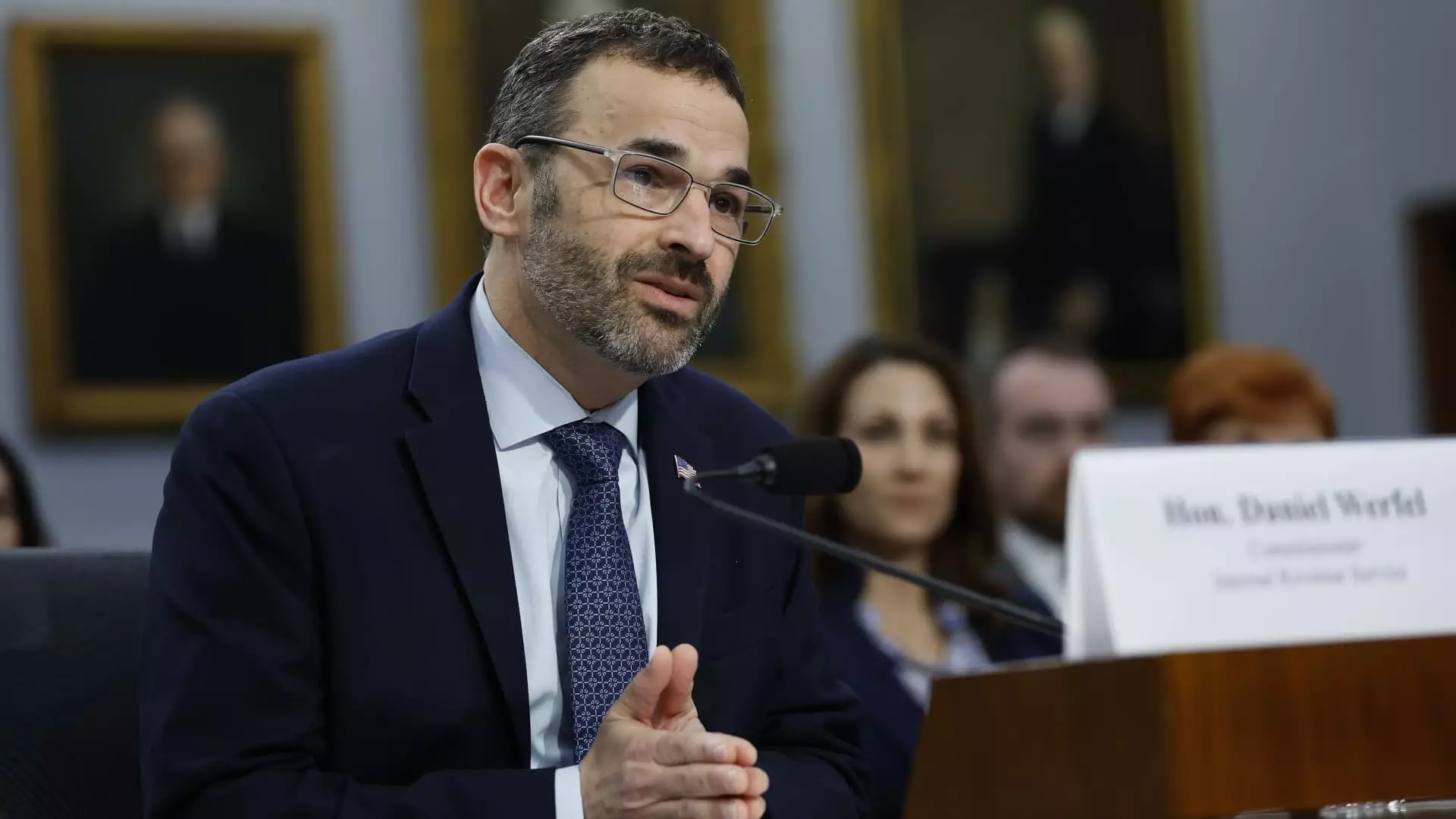The U.S. Department of the Treasury and the IRS have recently introduced a plan to address a significant tax loophole that has been exploited by large, complex partnerships. The loophole in question involves “related party basis shifting,” where businesses operating through multiple legal entities manipulate original purchase prices on assets to minimize their tax obligations. This practice allows wealthy taxpayers to evade paying their fair share of taxes, according to IRS Commissioner Danny Werfel.
After a thorough examination of the basis-shifting issue, the agencies have announced their intention to implement new regulations. These regulations will focus on transactions within related-party partnerships that lack economic substance or a substantial business purpose. The goal is to eliminate tax shelters that enable high-end taxpayers to circumvent their tax liabilities.
The plan to close the tax loophole is part of a broader initiative by the IRS to crack down on tax abuses by the wealthiest individuals, large corporations, and complex partnerships. Treasury Secretary Janet Yellen emphasized the importance of addressing high-end tax evasion from all angles to promote tax fairness and narrow the deficit. The proposed rules are expected to generate more than $50 billion in tax revenue over the next decade.
Increasing Oversight of Pass-Through Businesses
Pass-through businesses with assets exceeding $10 million saw a 70% increase in filings between 2010 and 2019. Despite this surge in filings, the audit rate for these partnerships plummeted from 3.8% to 0.1% during the same period. This disparity has contributed to a significant tax gap of around $160 billion annually attributed to the top 1% of tax filers, as reported by the Treasury.
The announcement regarding the closure of the tax loophole comes at a time when President Joe Biden’s economic advisor has outlined key principles for tax policy reform, emphasizing the need for sustained IRS funding. The White House National Economic Council advisor, Lael Brainard, underscored the importance of ensuring that ultra-wealthy taxpayers fulfill their tax obligations and adhere to the same set of rules. Maintaining adequate funding for the IRS has become a focal point for Democrats, as Republicans have sought to curtail IRS funding following a substantial allocation of nearly $80 billion through the Inflation Reduction Act.


Leave a Reply